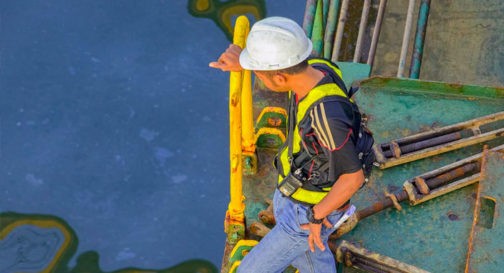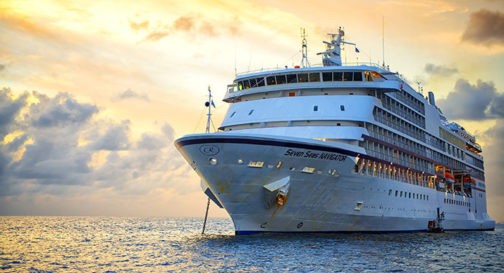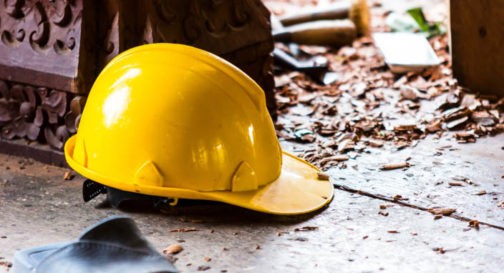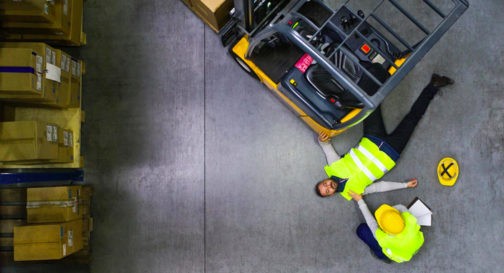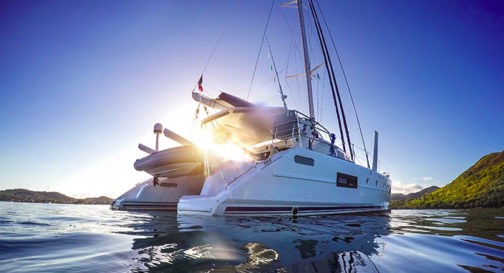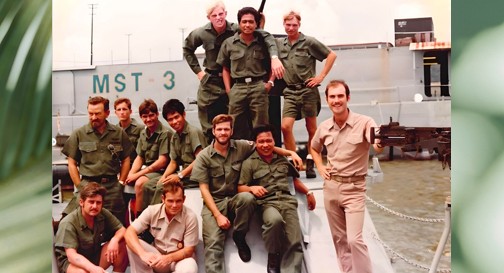Published Appellate Decisions
Landmark Cases Represented by the Law Offices of Preston Easley APC, Top-Rated Hawaii and California Maritime Accident Law Attorney
At the appellate level, maritime injury and accident attorney Preston Easley has been a pioneer in expanding the rights of injured workers, frequently reversing lower court decisions and making new law. Mr. Easley’s published appellate decisions are summarized below. You can learn more about his extensive legal experience and his clients in his attorney profile.
Gizoni v. Southwest Marine, Inc., 909 F2d 385 (9th Cir 1990), allowed barge based shipyard rigger to bring Jones Act seaman action against his shipyard employer. Reversed summary judgement granted by district court in favor of employer.
Southwest Marine, Inc. v. Gizoni, 116 LEd 2d 405 (1991), landmark seaman status case, ended “enumerated employee” doctrine and gave shipyard workers injured on barges and floating platforms the right to sue their employers as seaman under the Jones Act. Affirmed Ninth Circuit decision which had reversed summary judgment granted by district court.
Gizoni v. Southwest Marine, Inc., 56 F.3d 1138 (9th Cir. 1995), reversed jury verdict, established new definitions for seaman status, and was first Ninth Circuit case to recognize the “fleet doctrine” in determining seaman status.
Martinez v. Korea Shipping Corp., 903 F.2d 606 (9th Cir. 1990), the seminal Ninth Circuit case on vessel owner duties to longshoremen, allowed longshoremen to sue vessel owners for negligence even if hazardous condition existed at time of vessel’s construction. Ended immunity from “product liability” type actions that vessel owners previously enjoyed. Reversed summary judgment granted by district court.
Martinez v.Pacific Industrial Service Corp., 904 F.2d 521 (9th Cir. 1990), extended maritime (admiralty) jurisdiction to product liability case against manufacturer of pierside hydroblasting machine that caused injury to tank cleaner on ship. Reversed summary judgment granted by district court.
Mendez v. Ishikawajima-Harima Heavy Industries Co., Ltd., 52 F.3d 799 (9th Cir. 1995), applied maritime three year statute of limitations to longshoreman’s products liability action against shipbuilder. Reversed summary judgment granted by district court.
Butler v. Ingalls Shipbuilding, Inc., 89 F.3d 582 (9th Cir. 1996), established state law failure to warn cause of action as exception to government contractor defense for crewman injured aboard a U.S. Navy ship. Reversed summary judgment granted by district court.
Gault v. Modern Continental/Roadway Construction Company, Inc., 100 Cal.App. 4th 991, 123 Cal.Rptr. 2d 85 (2002), allowed pile driver on flexi-float barge in flood control channel to pursue Jones Act seaman action against his employer. Reversed summary judgment of Superior Court.
Leep v. American Ship Management, LLC, 126 Cal.App. 4th 1028, 24 Cal.Rptr. 3d 463 (2005), allowed injured merchant seaman to pursue claim for “unearned wages” for his full 90 day assignment to the vessel in spite of contrary provisions in collective bargaining agreement. Reversed summary judgment of the Superior Court.
Healy Tibbitts Builders, Inc. v. Director, Office of Workers’ Compensation Programs, 444 F.3d 1095 (9th Cir. 2006), first Ninth Circuit case to extend Longshore Act jurisdiction to shoreside marine construction workers (pier construction at U.S. Navy Submarine Base, Pearl Harbor).
Neighbarger v. Irwin Industries,8 Cal. 4th 532 (1994), California Supreme Court reversed Superior Court and Appellate Court decisions against plaintiffs and held that the fireman’s rule did not apply to privately employed safety workers injured in an oil refinery fire. The case also dealt with assumption of the risk and danger invites rescue.
Hernandez v. Badger Construction Equipment Co., 28 Cal.App.4th 1791 (1994). The California Court of Appeal upheld jury verdict against crane manufacturer in favor of a shipyard worker injured in a crane two-blocking accident. The Court of Appeal held that a jury finding of manufacturer negligence for failure to retrofit did not conflict with a concurrent finding of no product defect.
Brown v. National Steel & Shipbuilding Co.,34 BRBS 195 (2001) was the first case to grant full temporary total disability benefits to a Longshore Act employee in vocational rehabilitation due to an injury to an extremity (scheduled injury).

